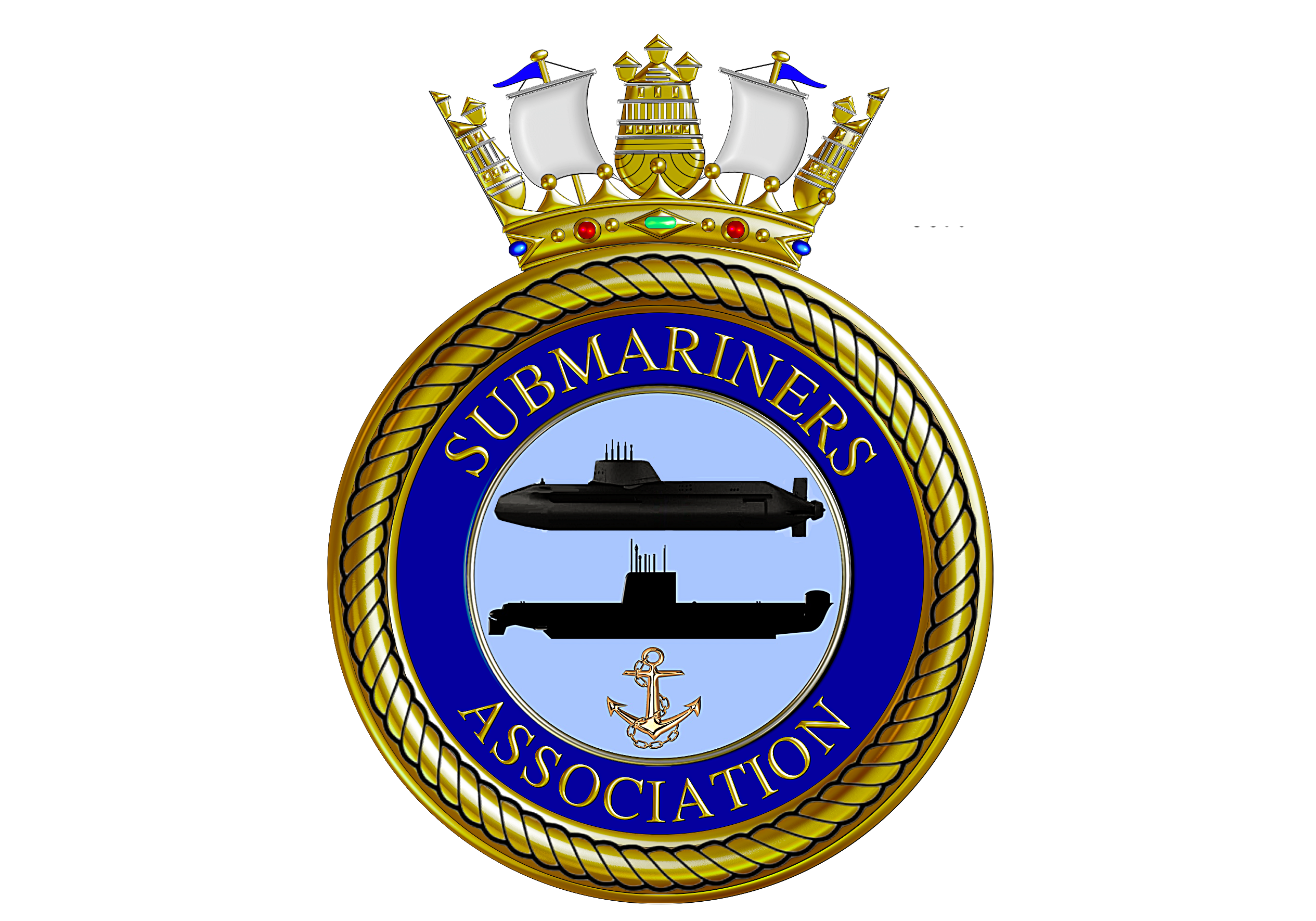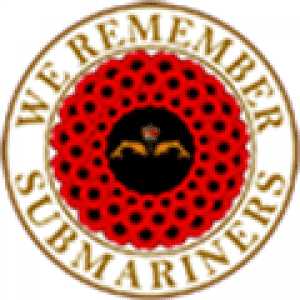WHILST THEY ARE AWAY
They’ve gone, perhaps you stood on Rhu Spit and waved goodbye and then had that empty, hollow feeling. Your submariner too will be getting to grips with their emotions but for them the rhythm of watchkeeping, the motion of the boat and the closeness of their friends helps cushion the separation.
There is nothing you can to about the movement of the boat but if you can also get yourself into a rhythm and find a group of friends to share your thoughts and worries with then the time will pass much more quickly. Remind yourself of the preparation you did by re-reading the last section and check your plan for the next few weeks and months.
The boat is at sea but not everybody went with it.
Bombers
For bombers there is an entire crew left behind called the support crew – it comes complete with a Captain, Officers, Senior and Junior Rates and a suite of offices in the Base. They’re not all there all the time as some will be on leave, others on course or perhaps helping another boat but there is always a sizeable core around, one of whom, the Support Crew Duty Officer (or SCDO), will be On Duty and available for you to contact. Your submariner should give you this phone number before they deploy. In our Emergencies Section you will see their name referred to quite a lot. Do note though that they are very busy people with much else to do so do not expect an instant response.
Just to complicate matters some bombers have what is called a Gold Crew. This means that they are not double crewed and run like an Attack Boat. The implication of this is that there are fewer people to provide support.
Attack Boats
Attack boats are not quite so fortunate. They leave about a fifth of their people behind called rather unimaginatively The Fifth (5th) Watch. These are mostly members of the Engineering Department. One of the 5th Watch will always be designated as the Submarine’s Families Liaison Officer (SFLO). Make sure you get this number from your submariner before they deploy. The good news for the attack boat families is that for parts of the deployment they may well be able to email their submariner and this is a way to address many issues and help them stay connected.
There are also a number of organisations which exist just to help you. You will see and often hear them talked about. In fact there are so many different ways to get help that it becomes very confusing where to turn and this wealth of help increases rather than decreases your stress. In our Emergencies Section we recommend where we think you should go first but of course the decision is up to you.
Here to Help
Royal Navy Family and People Support (RNFPS)
Publicly funded and set up solely to support you the RNFPS has a team in all the naval base ports. Do have a quick look at what they do here. As a rule of thumb they are good first point of contact for any question you may have and if they cannot help will point you to someone who can. They are particularly useful in that they work ‘inside the wire’ and ‘outside the wire’ in other words have access to the base and all the naval organisation who work there.
SSAFA – The Armed Forces Charity
SSAFA provides direct support to individuals in need of physical or emotional care through a network of volunteer workers and specialist centres. They have access to funds and this allows them to help in ways that RNFPS cannot. For some quick advice try the Forcesline on 0800 2606767 available Monday to Friday 09:00 to 17:30.
Aggies
Aggies used to be called the Royal Sailors Rests and was set up by Aggie Weston in 1876. I think of them as a ‘doing’ charity – organising events and support and being there as a friend all the time. By getting involved with Aggies when times are good you will know who you are chatting to when you need help or support. Of course they have a hub in Helensburgh. If you are not living near the Base they also have hubs around the country and offer lots of other support, in particular the very popular Storybook waves we have already mentioned. Aggies have Pastoral Workers who available to listen, support, encourage and signpost by phone and in person.
RN Benevolent Trust (RNBT) and RN Officers Charity (RNOC)
The RNBT (for ratings and their families ) and RNOC (for officers and their families) are the heavy hitters when it comes to support. They have the expertise and resources to address both short term crises and long term difficulty. You do not need to approach them directly as often they will be asked for support via RNFPS or SSAFA.
The Squadform
The NCC are here to provide help and support to the children of Royal Naval families up to the age of 25 who are in need, hardship or distress. They work very closely with the RNBT and RNOC and have links to other charities who specialise in supporting children such as Child Bereavement UK and Little Troopers. As with the RNBT and RNOC the NCC will often be approached by RNFPS on behalf of a family in distress taking the worry about who to ask for help away from you in a time of crisis.
What about the children?
Hard though it may be for you the best way for the kids to deal with a deployment is for them to see it as a perfectly normal part of their lives. This is just Mum or Dad going off to work and the more fuss you make about it the more they will worry.
That said it is good to have a plan to see you through the forthcoming separation. You may not have heard of Aggies but they are one of our oldest charities that have been supporting sailors and their families since 1876! They have a scheme called Storybook Waves which allows your submariner to record bedtime stories before they sail which are then professionally edited and sent back to you on a CD. Aggies will also send out a free Storybook Waves Pack to all children aged 7 and over which includes a deployment journal. Contact Aggies by email: [email protected] or phone: 023 9265 0505.
Some ideas from those who have survived:
- Get hold of the RNFPS Kids Pack
- Have a countdown (based on the week after the Not Before Date): move sweets into a jar each day, have a jar of things to remember to tell Dad/Mum, have a jar of fun things to do when they get home, just use a calendar and tick the days off.
Want to learn more? The Naval Families federation have produced an excellent and detailed guide called The Experience of Parental Absence in Royal Navy and Royal Marines Families with explanations, research, suggestions and advice.
There is a danger of being overwhelmed with advice and this in itself leading to worry but it is worth letting your child’s school know that a parent is about to be deployed and if their school is not near a Naval Base then you might draw their attention to the nattily named Service Children’s Progression (SCiP) Alliance is packed full of stuff to help them help your child.




